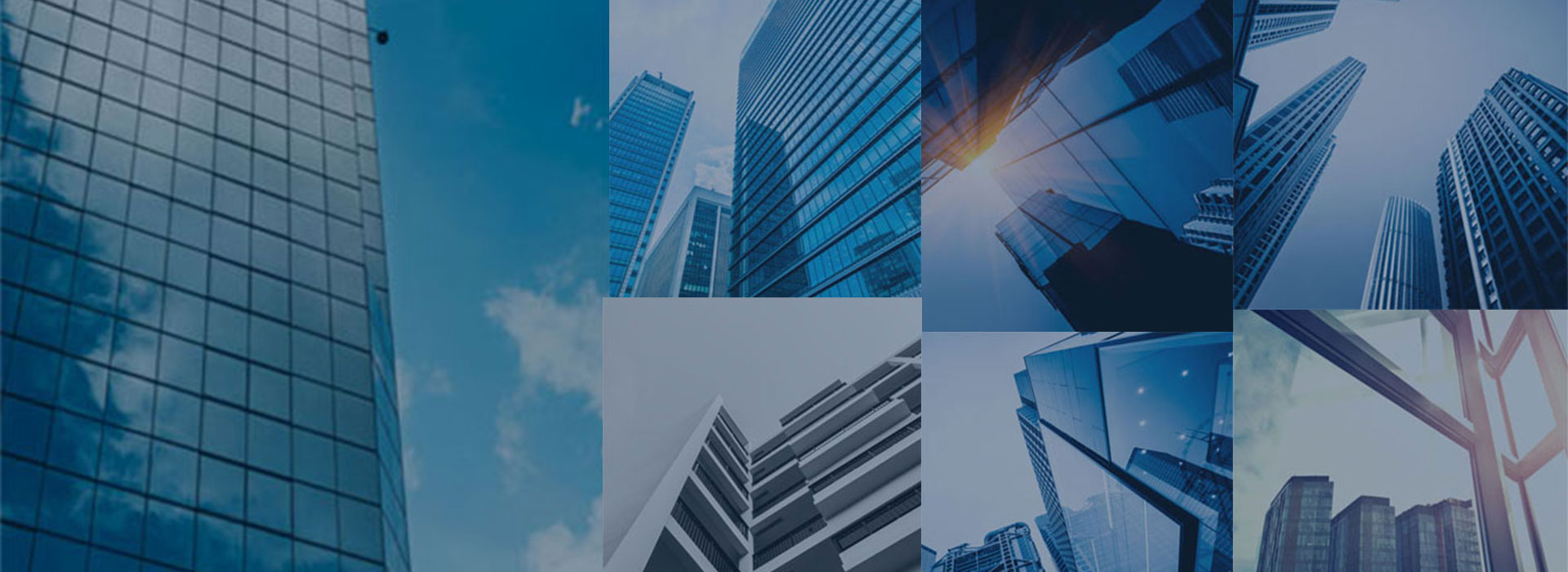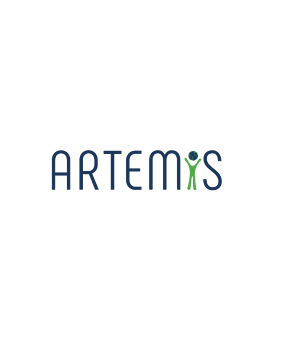Description
Presentation
With the Artemis simulation, participants manage an industrial company facing both the traditional demands of shareholder profitability and the increasing concerns related to sustainable development.
The company that markets a product in the glass industry has the possibility of opting for a strategy of cost domination or for different differentiation strategies (traditional differentiation based on product quality and image and “green” differentiation). From the first set of decisions, the company can also choose to diversify its range and launch a new product deliberately positioned with a view to sustainable development. This product must be manufactured by new generation factories (less energy consuming and more environmentally friendly in terms of CO2 emissions and recycling).
During the simulation, companies are confronted with a change in legislation and a tightening of regulations concerning CO2 emissions. They then have to make trade-offs that may lead them to negotiate (on a specific market or directly between companies) contracts for the purchase/sale of “CO2 emission rights” or to modify their production structure to comply with emission quotas.
Decisions
The company implements its strategy through some thirty decisions relating to production (quantities manufactured, raw material purchases, research and development, quality investment, management of fixed asset fleets), marketing (sales force, communication, commercial discount and sales price), finance (CT and LT loans, bank discount and cash management), sustainable development (use of recyclable raw materials, sustainable development investment, human development investment, purchase/sale of CO2 emission rights and subsidized “green” loan).
The Artémis simulation is adapted to Master and MBA levels.


Reviews
There are no reviews yet.